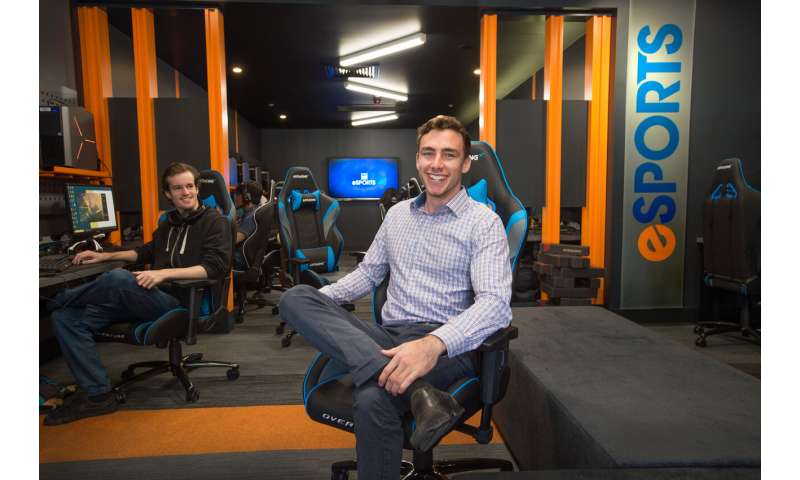
High-performing esports professionals may require the same mental stamina it takes to be a top Olympian, according to latest Queensland University of Technology research.
A new study, published in Frontiers in Psychology, indicated an overlap between the mental toughness and stress-coping processes in traditional sports and competitive esports athletes.
- Competitive esports athletes appear to cope with stressors similarly to high-performing sports athletes
- Esports players with higher ranks tended to have higher levels of mental toughness
- Sports psychology interventions for high-performing sports athletes may also be beneficial to competitive esports athletes.
QUT esports researcher Dylan Poulus said 316 esports players aged 18 and over were studied from among the top 40 percent of players.
“A disposition considered to be influential in sporting success is mental toughness and it appears to be important for success in esports,” Mr Poulus said.
“To be a millionaire esports gamer you deal with stress similar as if you are getting ready to go to the Olympics,” he said. “It is one of the fastest growing sports in the world, and with the coronavirus pandemic there has been huge interest.”

The study used athletes who played Overwatch, Counter-Strike: Global Offensive, Rainbow Six: Siege, Defense of the Ancients 2 and League of Legends competitively.
Events can draw more than 60 million online views.
Mr Poulus said the study identified some of the mental skills required for optimal performance among gamers, including high levels of mental toughness, emotional control, and life control.
“Similar to traditional sports athletes, esports athletes with higher mental toughness employed more problem-focused coping strategies which aided in their success,” he said.
However, the findings also showed how esports athletes with high mental toughness employed emotion-focused coping strategies like acceptance coping.
“By accepting the elements of their game that are beyond their control could lead to better performance,” Mr Poulus said.
“Everything we see in sports psychology interventions that work with traditional sports is likely going to work with esports athletes.”
Mr Poulus is completing his Ph.D. at QUT’s Faculty of Health school of Exercise and Nutrition Sciences.
The research, titled “Stress and Coping in Esports and the Influence of Mental Toughness,” was co-authored by Michael Trotter, Dr. Tristan Coulter and Professor Remco Polman.
Source: Read Full Article
